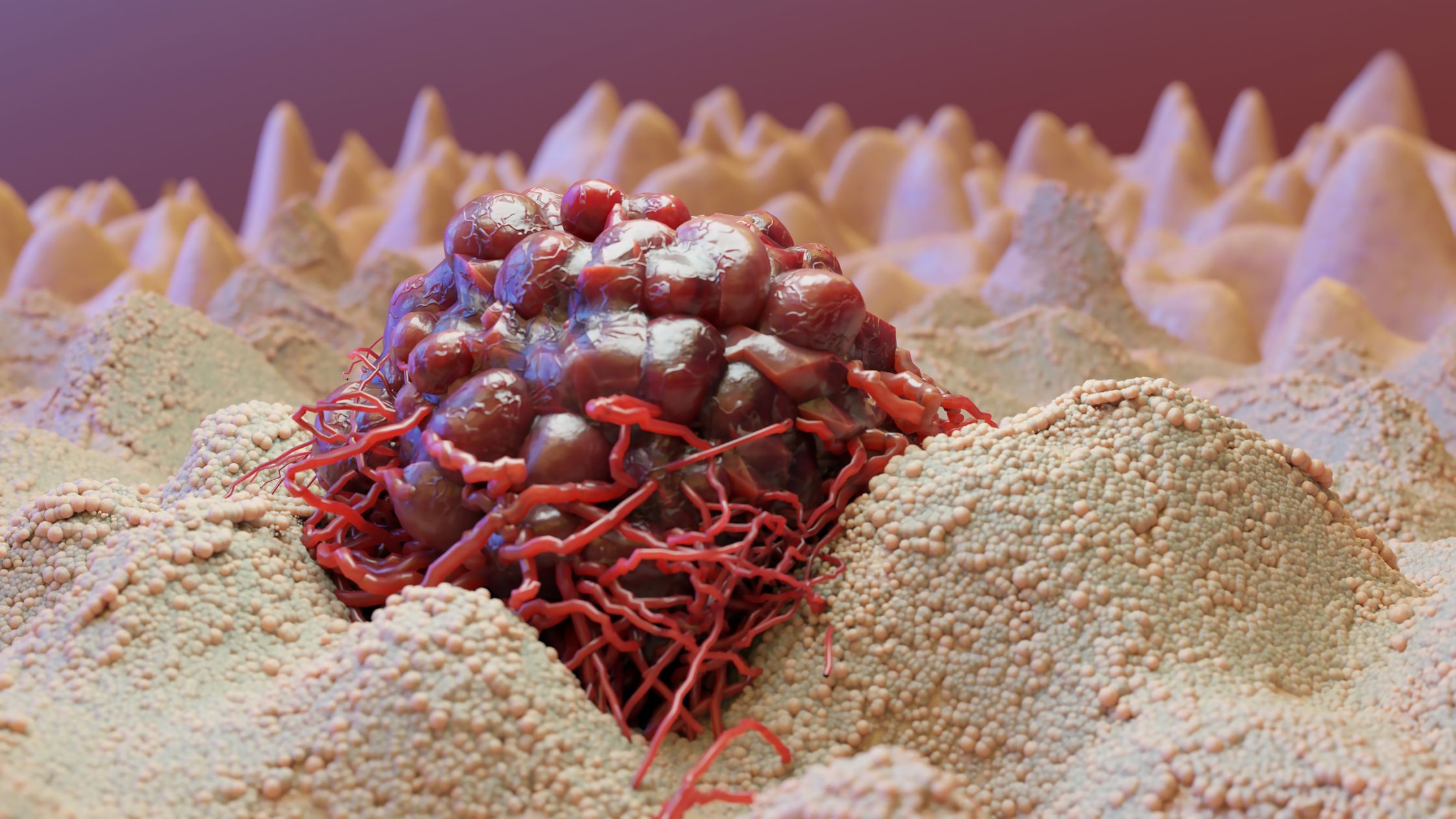People Don't Die From Cancer

Cancer can be a devastating disease with multiple pathways leading to death. The main reasons people die from cancer include:
1. **Metastasis**: This is when cancer cells spread from the primary tumor to other parts of the body, creating new tumors in vital organs such as the lungs, liver, brain, and bones. These secondary tumors can disrupt the normal functioning of these organs.
2. **Organ Failure**: Tumors in vital organs can grow to a size where they physically disrupt the function of the organ. For example, a liver tumor can lead to liver failure, or a brain tumor can cause critical pressure on brain structures.
3. **Infection**: Cancer and its treatments (chemotherapy, radiation, surgery) can weaken the immune system, making patients more susceptible to infections. Severe infections can lead to sepsis, which can be fatal.
4. **Complications from Treatment**: Cancer treatments, while often necessary, can have severe side effects. Chemotherapy and radiation therapy can cause damage to healthy tissues and organs, sometimes leading to life-threatening conditions.
5. **Cachexia**: This is a syndrome characterized by severe weight loss, muscle atrophy, fatigue, and significant loss of appetite. It’s common in advanced cancer stages and can weaken patients to the point where their bodies can no longer sustain basic physiological functions.
6. **Obstruction**: Tumors can cause physical obstructions in the body. For example, a tumor in the digestive tract can block the intestines, or a tumor in the lungs can obstruct the airways, leading to severe respiratory issues.
7. **Hemorrhage**: Some tumors can cause severe bleeding, either by eroding blood vessels or by affecting blood clotting mechanisms. Severe hemorrhaging can be life-threatening.
8. **Paraneoplastic Syndromes**: These are rare disorders triggered by the immune response to a cancerous tumor. They can affect various organ systems and lead to complex symptoms that can be fatal if not managed properly.
Understanding these pathways emphasizes the need for comprehensive care in cancer treatment, addressing not only the tumors but also the various complications that can arise.